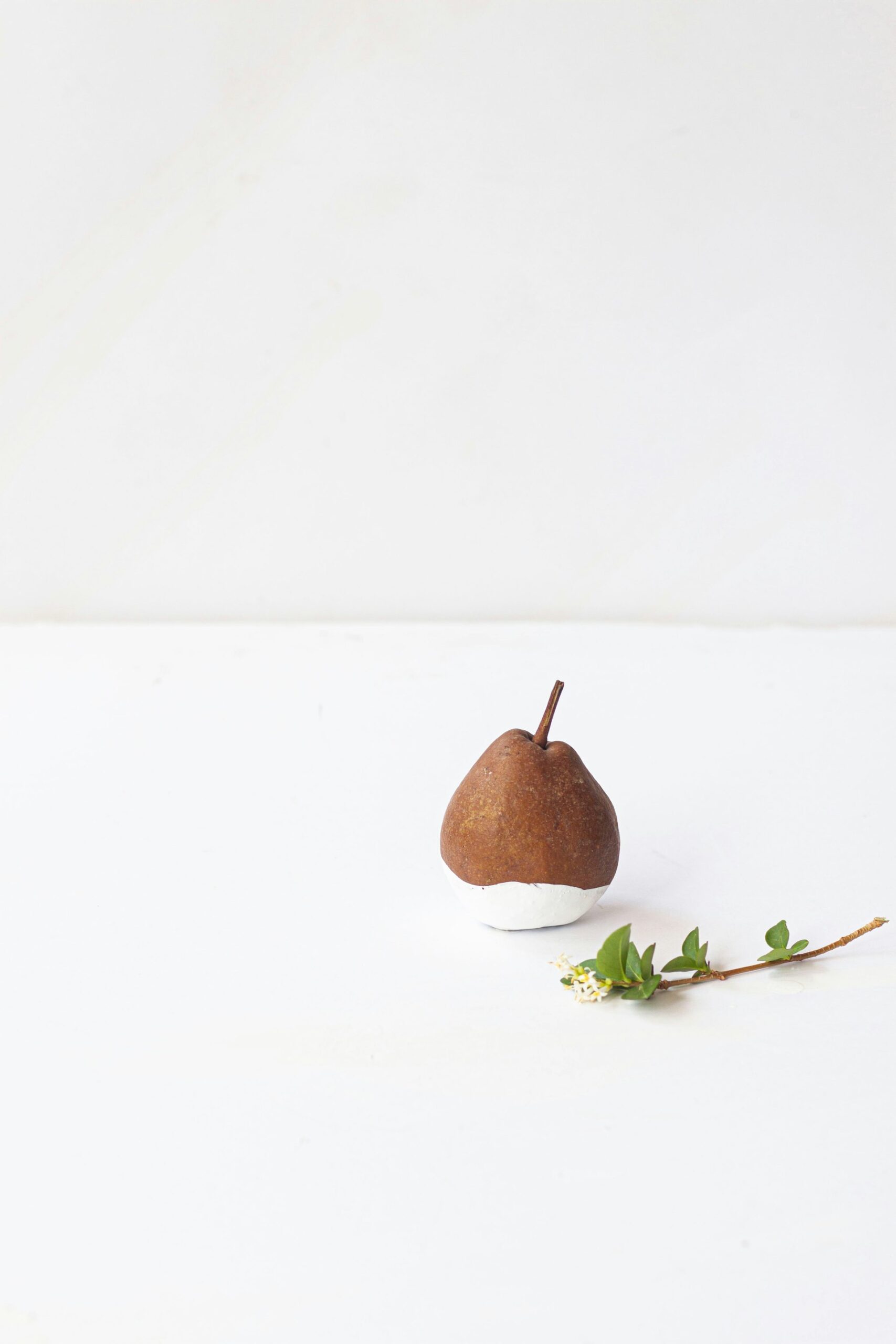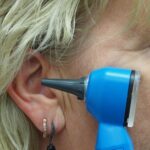Unlocking Wellness Through Minimalism: A Practical Guide to Simpler, Healthier Living


Photo by nilufar nattaq on Unsplash
Introduction: The Promise of Wellness Through Minimalism
In a world overflowing with choices, possessions, and constant distractions, many are seeking a pathway to better health and improved happiness by embracing minimalism . This lifestyle choice goes beyond simply decluttering physical spaces; it is about intentional living-prioritizing what truly matters and letting go of the excess that weighs us down. Scientific research and real-world experience both suggest that minimalism can offer meaningful improvements in stress reduction, mental clarity, physical health, and emotional wellbeing [1] [4] .
Understanding Minimalism: More Than Just Decluttering
Minimalism is often misunderstood as simply getting rid of physical items. While decluttering is a crucial aspect, the philosophy centers on intentionality : making conscious choices about what you own, how you spend your time, and where you focus your energy. By removing unnecessary possessions and commitments, you create space for what brings value and joy. This shift encourages prioritizing relationships, experiences, and self-care, which can lead to greater life satisfaction [1] .
The Science-Backed Health Benefits of Minimalism
Reduced Stress and Anxiety
Cluttered environments have been linked in multiple studies to higher levels of stress hormones, such as cortisol. Research has shown that people in tidier homes tend to report lower stress and better moods. By simplifying your living and workspaces, you can reduce mental overload, resulting in improved relaxation and emotional balance [3] .
Improved Focus and Productivity
The brain craves order. Visual distractions from clutter can sap cognitive resources, making it more difficult to concentrate and process information. Minimalism fosters environments that support productivity, allowing you to focus on tasks or creative pursuits that matter most [3] . For example, a simplified home office can help remote workers maintain concentration throughout the day.
Better Sleep and Physical Health
Minimalist principles extend to the bedroom, where removing excess items and creating a tranquil atmosphere can improve sleep quality. Restful sleep, in turn, supports immune function, mood stabilization, and energy levels [1] . In the kitchen, adopting a minimalist approach to diet-focusing on whole, unprocessed foods-can lead to healthier eating habits and better nutrition.
Increased Happiness and Life Satisfaction
Letting go of attachment to material possessions often shifts focus to experiences and relationships. This adjustment cultivates gratitude, contentment, and a deeper appreciation for the present moment. One study found that more than 80% of participants credited their improved mental well-being to prioritizing values over possessions [1] . Additional research supports a positive correlation between adopting minimalist practices and enhanced life satisfaction, pleasure, and well-being [4] .
Practical Steps to Start Your Minimalist Wellness Journey
Embracing minimalism for wellness does not require an all-or-nothing approach. Here are step-by-step strategies to get started:
1. Assess and Declutter Your Space
Begin by choosing a single area-such as a closet, desk, or kitchen drawer. Remove all items and only return those that serve a clear purpose or bring genuine joy. Donate or recycle the rest. Repeat this process throughout your home over several weeks. Remember, decluttering is not a one-time event but an ongoing practice.
2. Simplify Your Daily Habits
Minimalism applies to routines as well. Consider streamlining your morning rituals, meal prep, or exercise plans. Opt for simple, nourishing meals, and choose physical activities that you genuinely enjoy and can consistently maintain. For example, a daily walk or yoga session can offer both physical and mental benefits without requiring complex equipment or planning.
3. Prioritize Relationships and Experiences
Shift your focus from acquiring things to investing in meaningful connections and experiences. Schedule regular time with friends or family, pursue hobbies that bring fulfillment, and seek out new adventures, even if they are local or small-scale. Research suggests that these experiences contribute more to long-term happiness than material goods [1] .
4. Set Intentional Boundaries
Minimalism also involves learning to say no to obligations or commitments that do not align with your values or wellness goals. This practice can help reduce overwhelm, protect your mental health, and free up time for self-care and reflection [2] .
5. Practice Mindful Consumption
Before making new purchases, pause to consider whether the item is truly necessary or if it adds genuine value. Adopting a “one-in, one-out” rule can help maintain a clutter-free environment. Over time, this mindful approach can lead to more sustainable spending habits and reduced financial stress.
Overcoming Challenges and Staying Motivated
Transitioning to a minimalist lifestyle can be emotionally challenging, especially when it involves parting with sentimental items or confronting ingrained habits. Start small, celebrate incremental progress, and seek support from like-minded communities or resources. Online forums, books, and podcasts focused on minimalism can offer encouragement and practical advice. For mental health support, consider consulting a licensed therapist or counselor, many of whom specialize in lifestyle and wellness coaching.
Remember, the journey is personal. What minimalism looks like for one person may differ for another. The key is to remain flexible and compassionate with yourself throughout the process.
Alternative Approaches for Different Lifestyles
Minimalism is adaptable. For families, involve everyone in decisions about what to keep or let go, focusing on shared spaces and collective values. For those in smaller apartments or urban environments, creative storage solutions and multipurpose furniture can help maximize space. Even digital minimalism-reducing screen time and decluttering your online life-can yield benefits in terms of focus and mental clarity.

Photo by Yusuf Evli on Unsplash
How to Access Resources and Support
There are many ways to find additional guidance on minimalism and wellness:
- Search for local community groups or workshops focused on minimalism or intentional living.
- Visit reputable health organizations and mental health websites for tips on stress reduction and lifestyle change. For example, the Mayo Clinic and American Psychological Association offer resources on managing stress and improving well-being.
- To find mental health professionals familiar with lifestyle coaching, you can search directories such as Psychology Today’s “Find a Therapist” tool or contact your primary healthcare provider for a referral.
- For decluttering inspiration, consider reading books like “The Life-Changing Magic of Tidying Up” by Marie Kondo, available at most major bookstores and public libraries.
- Explore websites such as Modern Minimalism , which provides science-backed strategies and community support for those interested in minimalism.
Summary: Wellness Through Minimalism Is Achievable
Minimalism offers a practical, research-backed pathway to enhanced wellness by reducing stress, fostering focus, and prioritizing what truly matters. Whether you are looking to improve your mental health, boost happiness, or simply feel more in control, embracing minimalism can be a transformative journey. Take small, intentional steps, seek out supportive resources, and allow yourself the grace to progress at your own pace. The benefits-from clearer thinking to deeper fulfillment-are well within reach for anyone, regardless of starting point or lifestyle preference.
References
- [1] Baylor Scott & White Health (2023). Health benefits of minimalism.
- [2] Acenda Integrated Health (2022). How a minimalist lifestyle benefits your mental health.
- [3] Modern Minimalism (2023). 15 science-backed benefits of minimalism.
- [4] Jain, V.K. et al. (2023). Goodbye materialism: exploring antecedents of minimalism and its impact on well-being. National Institutes of Health.






